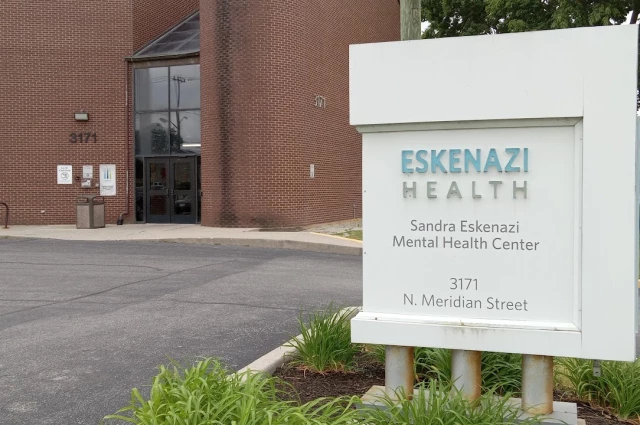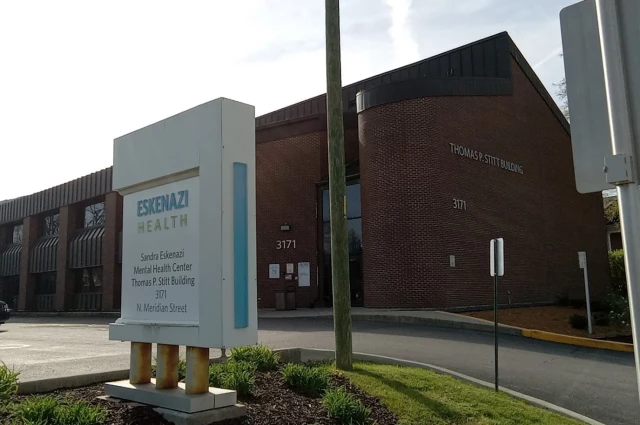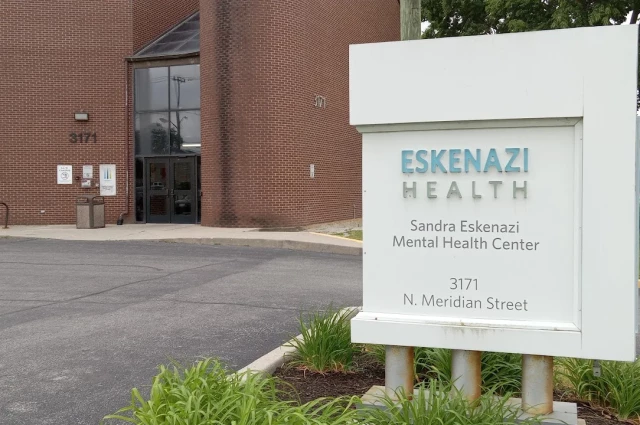Sandra Eskenazi Mental Health Center - Adult Addictions Information
Treatment
Who We Treat
- Young Adults (18–25)
- Older Adults
- Male and Female
- LGBTQ+
Conditions We Treat
- Perinatal Mental Health
- Gambling
- Trauma
- Anger
Substances We Treat
- Benzodiazepines
- Chronic Relapse
- Alcohol
- Opioids
- Cocaine
- Methamphetamine
Languages
- English
Aftercare
- Outpatient Treatment
- Recovery Coach
- Intensive Outpatient Program
- Employment Counseling
- Continuing Care
- Support Meetings
Level of Care
- Outpatient
Accreditations
-
State mental health department
State mental health department accreditation refers to the process of evaluating and certifying the quality and standards of a state's mental health department, ensuring that it provides high-quality services and meets specific criteria for mental health care. The accreditation process is performed by a third-party organization and helps to improve the overall care and treatment of individuals with mental health conditions.
-
State department of health
Government agencies issue State Licenses, which grant rehabilitation organizations permission to conduct their operations lawfully within specific geographic regions. Licenses needed to operate are typically determined by the type of rehabilitation program offered by the facility and its physical location.

-
Hospital licensing authority
The Hospital Licensing Authority is responsible for granting licenses to healthcare facilities, ensuring that they meet the standards and regulations set by the government. Accreditation is a process of evaluation and recognition by a third-party organization, confirming that the hospital meets specific quality and safety standards.
-
The Joint Commission
The Joint Commission accreditation for addiction and behavioral health is a prestigious recognition signifying a facility's commitment to delivering high-quality care and safety for individuals dealing with substance abuse and mental health issues. It involves rigorous evaluations and assessments, ensuring patients receive evidence-based treatment and exceptional care. This accreditation demonstrates a facility's dedication to continuous improvement and ethical practices, building trust among patients and healthcare professionals seeking top-tier addiction and behavioral health services.

Sandra Eskenazi Mental Health Center - Adult Addictions Accepts The Following Insurance Plans
Find the best treatment options. Call our free and confidential helpline today!



